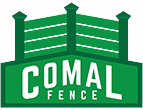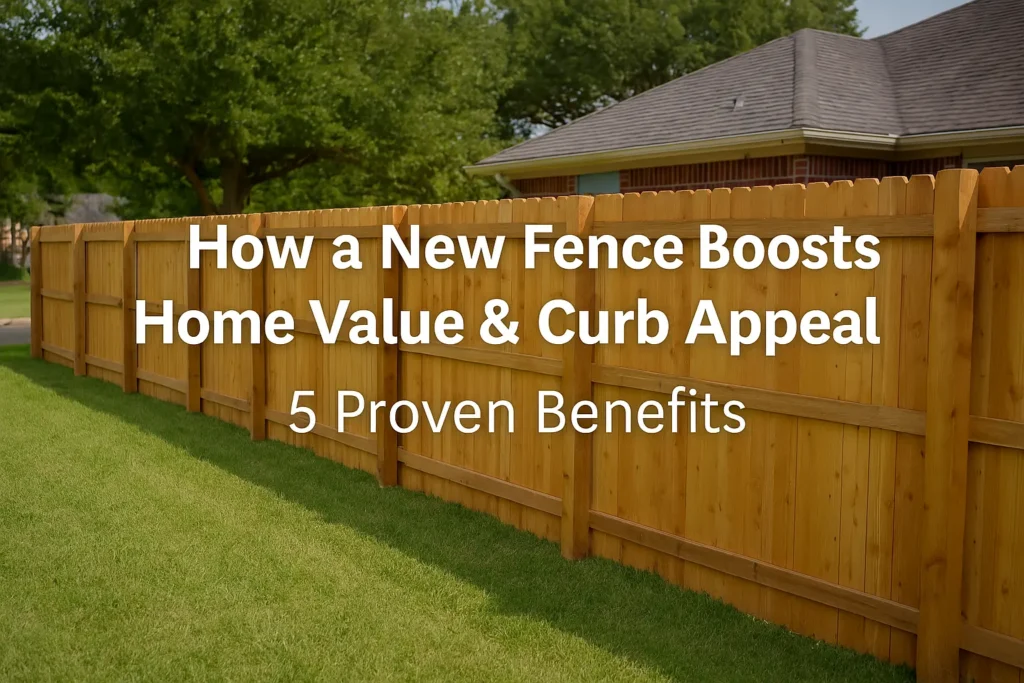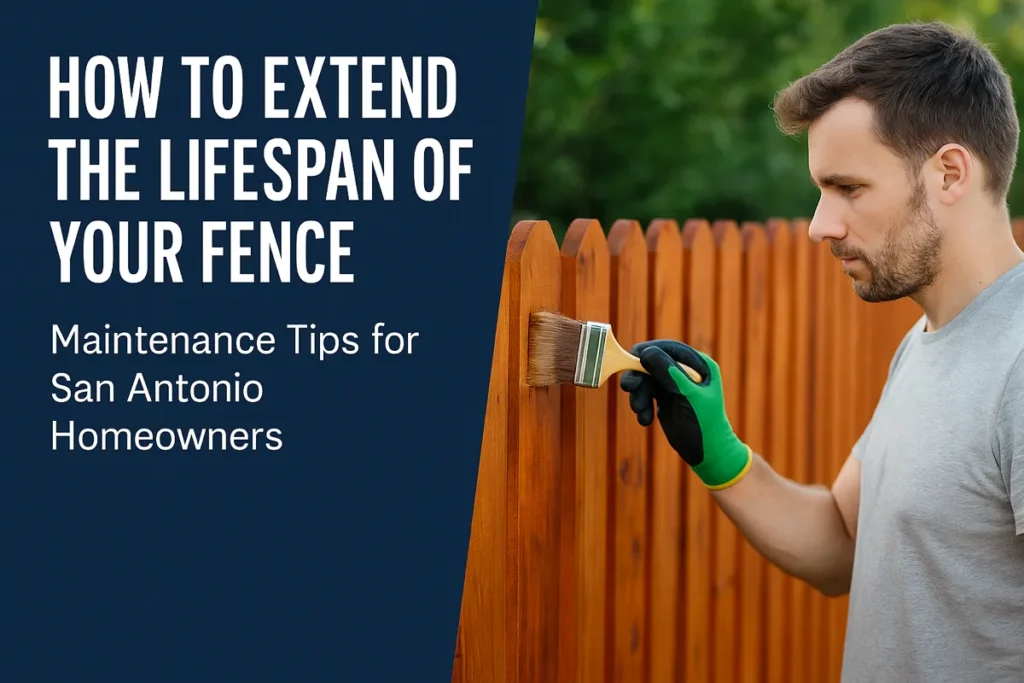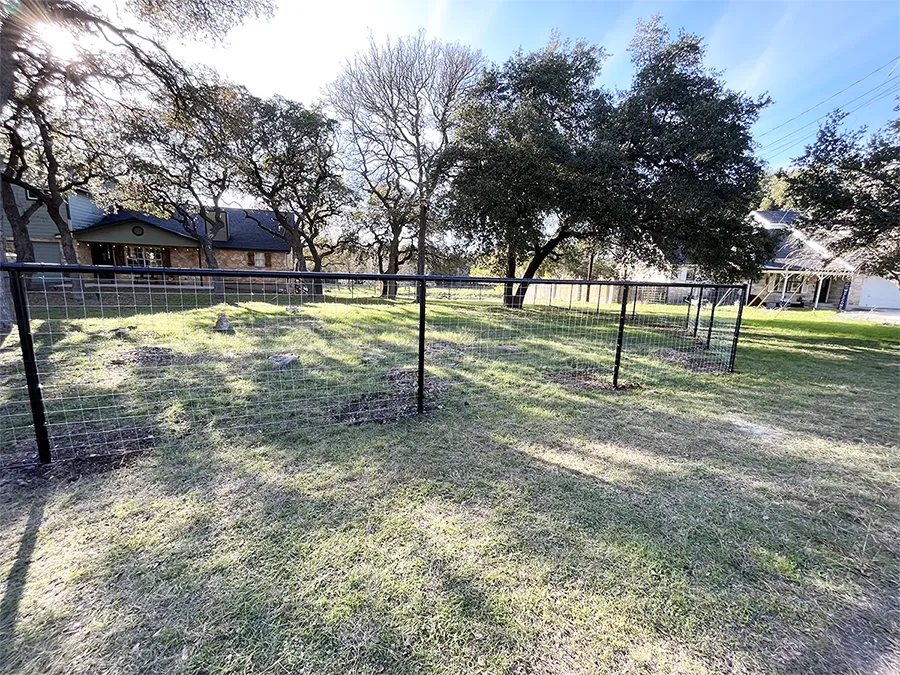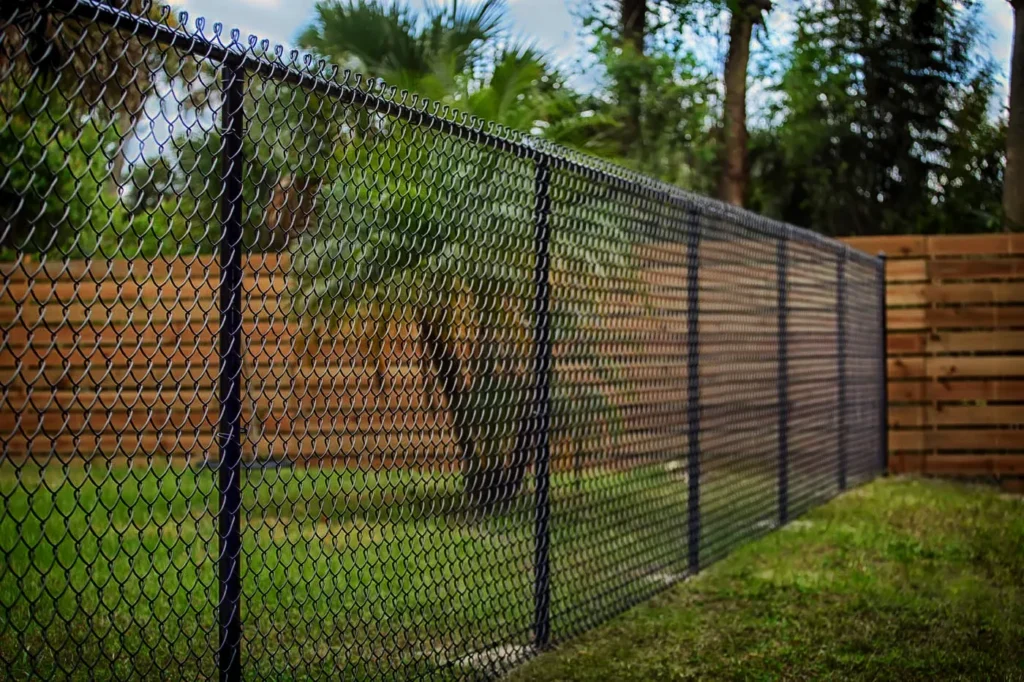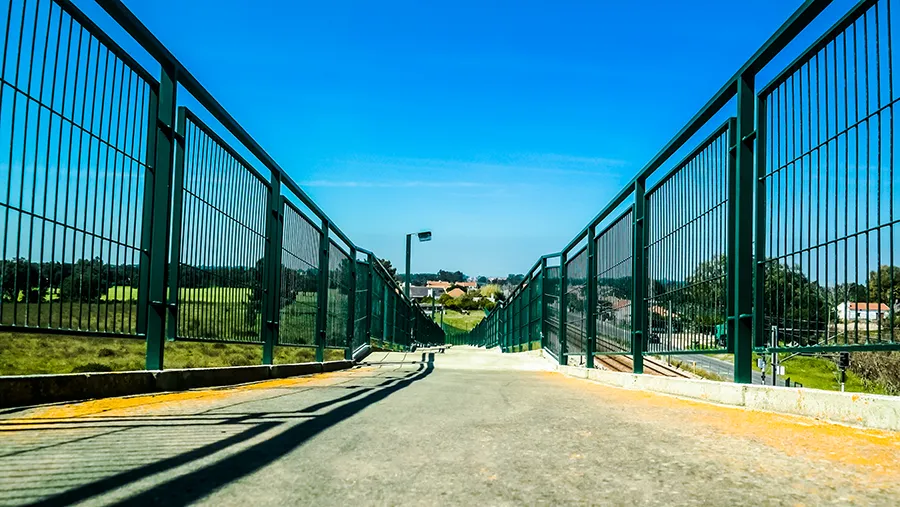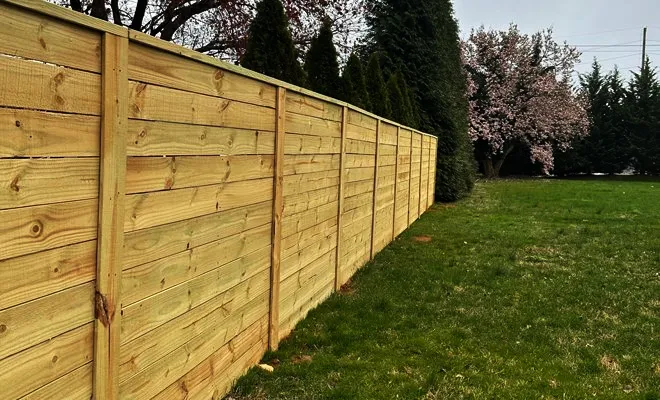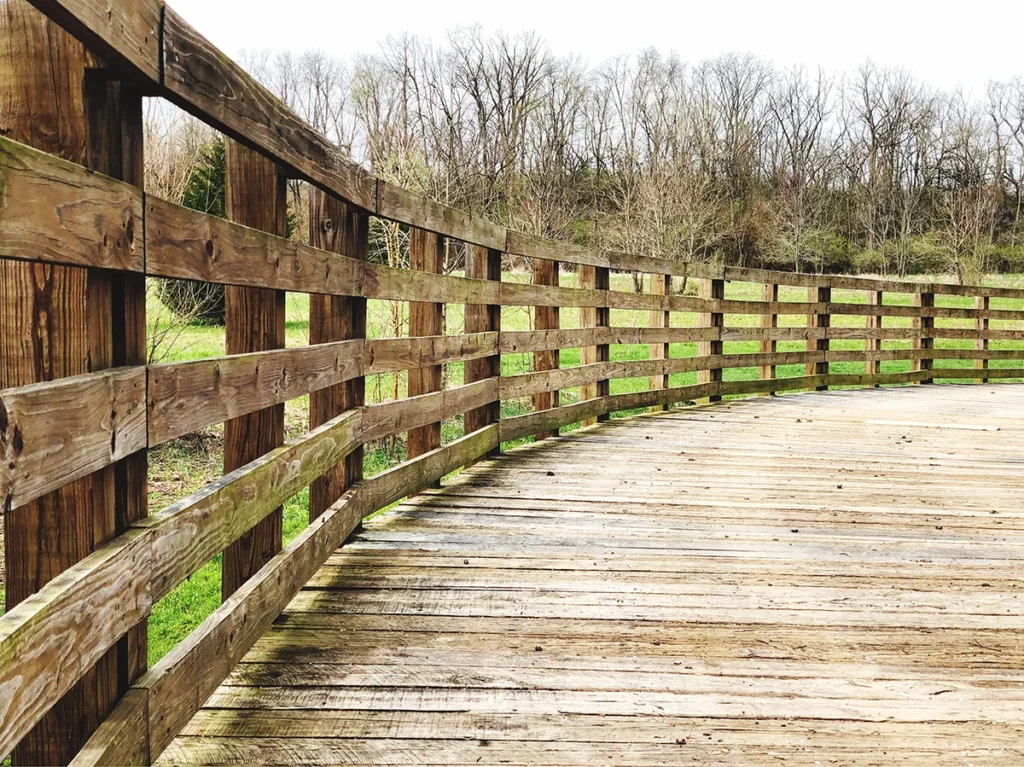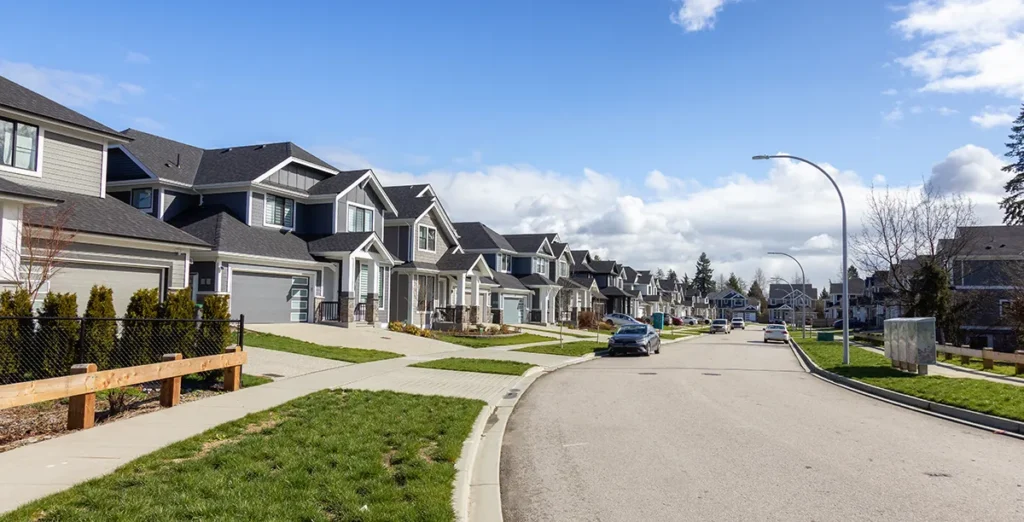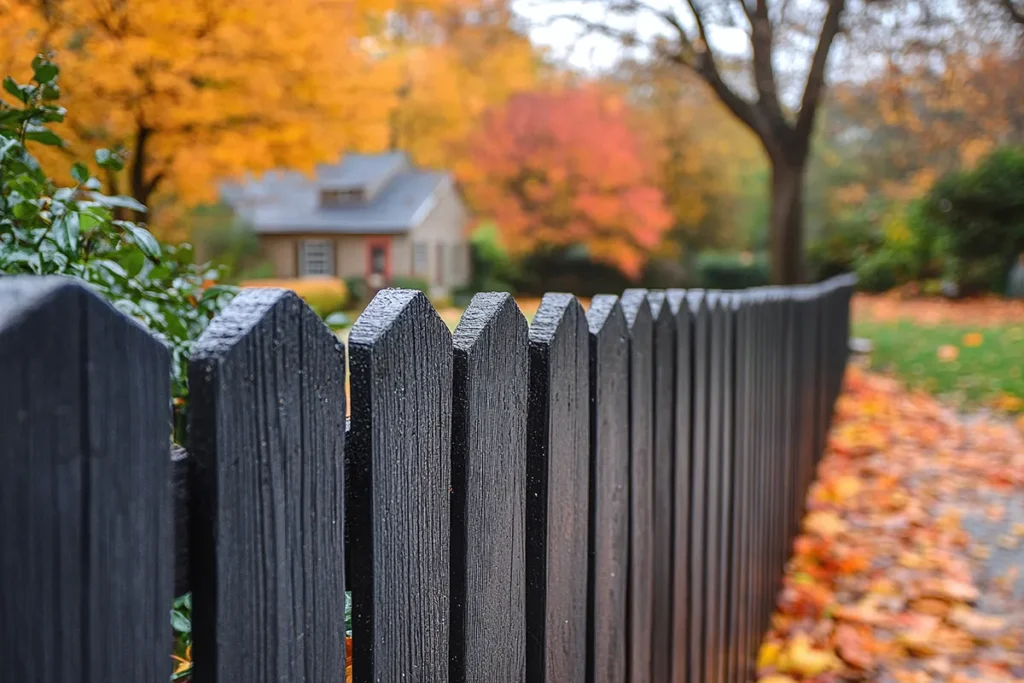Frequently Asked Questions
When you’re planning a new fence or gate in San Antonio, New Braunfels, or Comal County, it’s natural to have questions. From choosing the right fence material for your backyard, to understanding if wind damage is covered by insurance, or finding reliable installers for solar-powered gate openers—homeowners and businesses alike want clear, trustworthy answers.
At Comal Fence, our team has over 30 years of hands-on experience building and repairing fences across South Texas. We’ve gathered the most common questions from our customers—and from real searches on Google—to help you make informed decisions. Whether you’re protecting your family, your business, or your ranch, these FAQs give you the insights you need before starting your project.
How close to my property line can I install a fence?
The distance varies depending on local regulations. In many areas, you can install a fence up to 6 feet in height close to the property line, but some localities require a setback of a few inches or even a foot. It’s a good idea to consult local authorities or have a survey done to ensure you stay within legal boundaries.
What is the best fence material for backyards?
The “best” material really depends on your goals—privacy, durability, maintenance, and style. Here’s a breakdown:
Wood Fencing – Classic and versatile. Cedar is especially popular in San Antonio and Comal County because it naturally resists insects and rot. It gives you complete privacy and a warm look, but it will require staining or sealing to last.
Vinyl Fencing – Virtually maintenance-free. Vinyl holds up to Texas heat and humidity without warping or cracking. It’s ideal if you want a long-lasting backyard fence without yearly upkeep.
Chain Link with Privacy Slats – Affordable and durable. While not as decorative, adding slats provides privacy and makes it great for pets.
Wrought Iron or Steel – Extremely strong and elegant. Great if you want visibility with security, though it doesn’t provide privacy. Powder-coated finishes protect against rust in humid climates.
👉 For most homeowners in San Antonio and New Braunfels, cedar wood or vinyl fencing tends to be the best choice for balancing privacy, beauty, and durability. At Comal Fence, we guide you through the pros and cons of each so you choose a fence that lasts and matches your backyard vision.
Solar powered gate opener installers near me
Solar-powered gate openers are a great choice in South Texas where we get plenty of sunlight. They eliminate the need to run electrical wiring and lower energy costs while keeping your property secure.
When choosing an installer, look for:
Experience with solar gate systems – Installation is different from wired openers.
Knowledge of LiftMaster and other brands – The most reliable systems in Texas.
Local expertise – Installers in San Antonio and Comal County understand soil, weather, and HOA requirements.
At Comal Fence, we install solar-powered gate openers designed for residential driveways, ranch entries, and commercial properties. We handle everything—from selecting the right model to wiring, solar panel positioning, and safety compliance. If you’re searching “near me” in San Antonio, New Braunfels, or surrounding areas, our team is ready to install and service your solar-powered system.
Great insights before selecting any reliable fence organizations
Before hiring a fence company, keep these insights in mind:
Check Licensing & Insurance – Always confirm the company is fully insured.
Experience in Your Area – Local companies know Texas soil conditions, wind factors, and HOA restrictions.
Warranty – A reliable company offers a workmanship and material warranty.
Reviews & Reputation – Look for Google reviews from real local clients.
Detailed Estimates – Avoid vague quotes. A good company outlines material, timeline, and costs upfront.
👉 At Comal Fence, we’ve built fences in San Antonio and Comal County for 30+ years. We know what lasts in Texas weather, and we back our work with a 100% warranty. Choosing a fence contractor isn’t just about price—it’s about making sure the fence adds long-term value and security to your property.
Is wind damage to a fence covered by insurance?
Most homeowners insurance policies in Texas cover wind damage, but it depends on the cause:
✅ Typically Covered – If a strong storm, straight-line winds, or a tornado damages your fence.
❌ Not Covered – If the fence was old, rotting, or poorly maintained. Insurance companies usually deny claims for wear and tear.
What you should do if wind damages your fence:
Take clear photos of the damage immediately.
Check your insurance policy (look under “Other Structures”).
Call your insurance provider and file a claim.
Get a professional inspection and estimate for repair or replacement.
👉 At Comal Fence, we regularly help San Antonio and New Braunfels homeowners with insurance estimates for storm-damaged fences. Our team provides documentation that makes the claims process smoother.
Do I need a permit to install a fence?
Permit requirements depend on your location. Generally, fences under 6 feet don’t require a permit, but anything taller might. Always check with your local building authority or HOA to confirm if a permit is needed before starting your project.
What type of fence is best for privacy?
Solid wood and vinyl fences are popular choices for privacy. They provide a solid barrier, blocking views into your yard and reducing noise. Vinyl fences require less maintenance than wood, but wood can offer a more natural look.
How long will a fence last?
The lifespan of a fence depends on the material. Wood fences typically last 15-20 years with regular maintenance, while vinyl and metal fences can last much longer, often over 25 years, with minimal upkeep. Proper installation and routine care can significantly extend the life of your fence.
What is the cost of installing a fence?
Costs can vary widely depending on the material and size of the fence. On average, homeowners spend between $1,900 and $4,800 for installation. Wood tends to be more affordable initially but requires more upkeep, whereas vinyl and metal have higher upfront costs but lower long-term maintenance.
Which is better: wood or vinyl fencing?
Wood fencing is less expensive initially and offers a natural look that many homeowners appreciate. However, it requires regular maintenance, such as staining and repairs. Vinyl, on the other hand, is more durable, requires little to no maintenance, and can retain its appearance for years, making it a good investment for the long term.
How do I maintain my fence?
Maintenance varies by material. Wood fences should be stained or sealed every few years to prevent rot and damage. Vinyl fences require occasional cleaning with a hose or mild detergent, while metal fences may need rust protection treatments to maintain their appearance.
What is the best fence for pet owners?
Chain link and vinyl fences are great options for pet owners. Chain link is durable and offers visibility, while vinyl fences provide a solid barrier that can keep pets secure and prevent them from seeing distractions outside the yard.
Can I install a fence on a slope?
Yes, fences can be installed on sloped ground, but it requires a technique called “stepping” or using a “raked” design. Stepped fences consist of sections that follow the contour of the slope, while raked fences have panels that match the angle of the ground.
How do I choose a reliable fence contractor?
Choosing a reliable fence contractor is crucial to ensuring that your project is completed on time, within budget, and with high-quality results. At Comal Fence, we pride ourselves on being the go-to fencing experts in New Braunfels, TX. With a team that is fully licensed, insured, and experienced, we offer transparent pricing, detailed estimates, and exceptional customer service from start to finish. Our positive reviews and a portfolio of successful projects speak to our dedication to customer satisfaction. When you choose us, you can trust that your fencing needs will be met with professionalism and care. Contact us today to schedule a consultation and get your project started!
